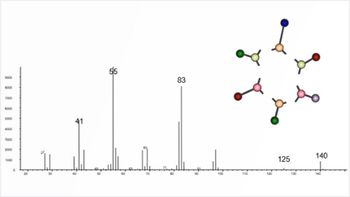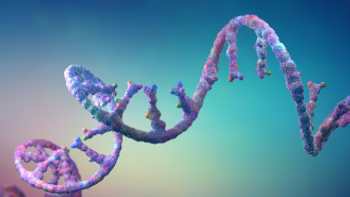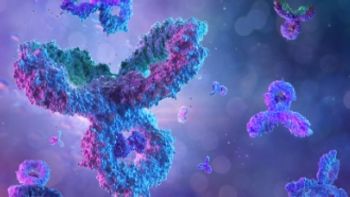
Orbitrap Developer Makarov Receives Aston Medal from BMSS
Alexander Makarov was awarded the honor first introduced by the British Mass Spectrometry Society in 1987.
On Wednesday, Sept. 13 in Manchester, England, UK, Alexander Makarov, scientific director for Global Research for Life Sciences Mass Spectrometry at Thermo Fisher Scientific, received the Aston Medal, the most prestigious scientific distinction awarded by the British Mass Spectrometry Society (BMSS) (1).
Makarov was honored, according to a BMSS news release, for his “pioneering work” in mass spectrometry, namely the development of Thermo Fisher’s Orbitrap ion trap mass analyzer—which acts as both an analyzer and detector and is widely used by separation scientists (1). The Aston Medal has been given out since 1987, with this year’s award presented at the 43rd annual BMSS conference.
Makarov is also a professor of high-resolution mass spectrometry in the Department of Chemistry at Utrecht University in The Netherlands. His work on the Orbitrap began, according to
LCGC
Reference
(1) Prof. Alexander Makarov is Awarded the Aston Medal. British Mass Spectrometry Society, September 13, 2023.
Newsletter
Join the global community of analytical scientists who trust LCGC for insights on the latest techniques, trends, and expert solutions in chromatography.




